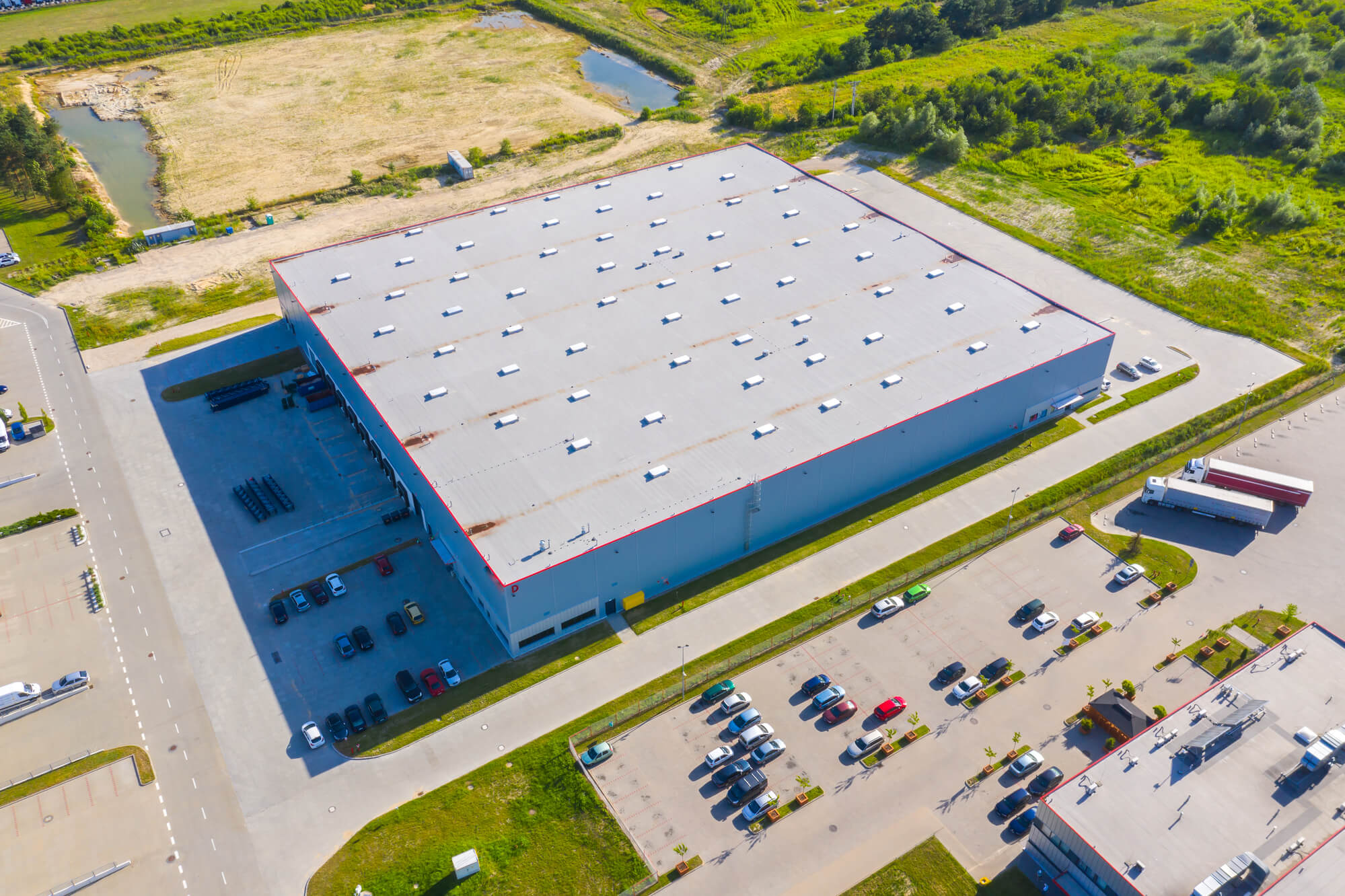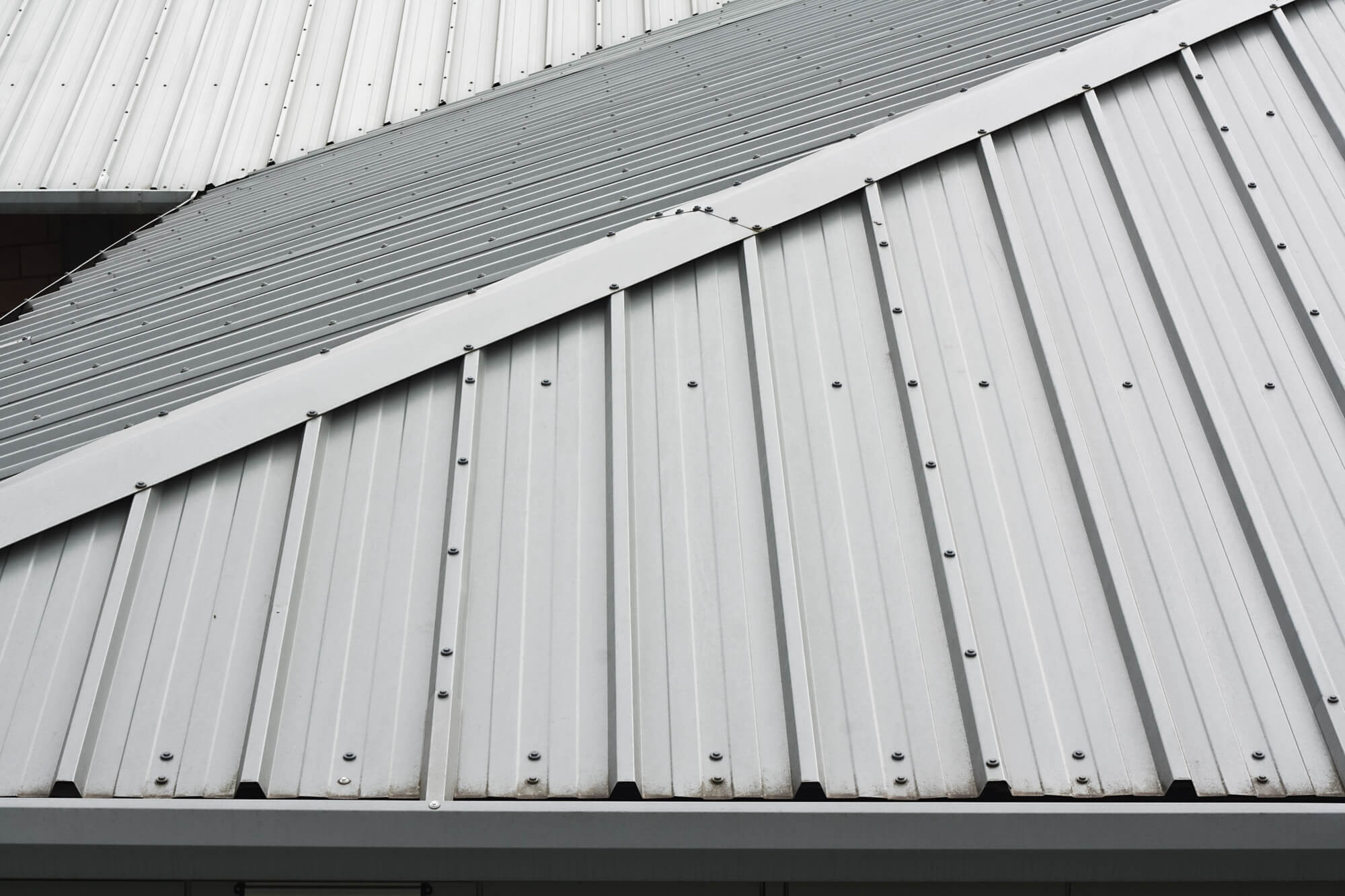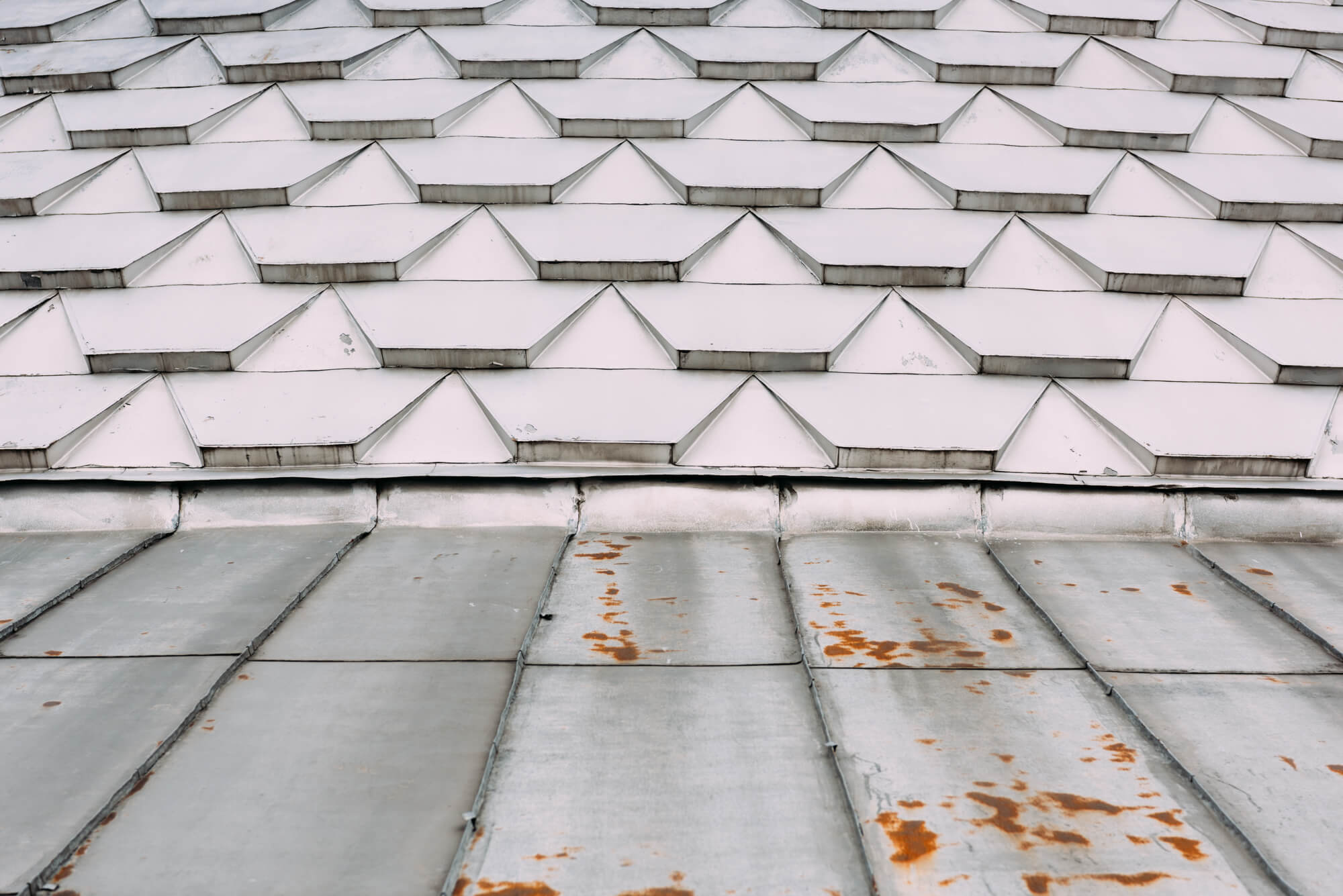December 31, 2025
Snow and Ice Management: Protecting Commercial Roofs and Building Exteriors from Winter Strain
Winter conditions like snow and ice create a very different operating environment for
Choosing the right commercial metal roofing system is a critical decision that impacts the performance, durability, and longevity of a building's roof. With the myriad of options available, understanding the technical aspects and considerations becomes imperative to make an informed choice.
Delve into the intricate world of commercial metal roofing, exploring its benefits, material options, design factors, installation considerations, and cost implications. By gaining a deep understanding of the technical nuances involved, commercial property owners can confidently navigate through the vast array of choices and select the optimal metal roofing system that aligns with their specific requirements.

Commercial metal roofing systems exhibit remarkable durability and an extended lifespan. Metal roofs are highly resistant to harsh weather conditions, such as heavy rainfall, snow, and high winds. Their exceptional strength and structural integrity ensure long-term performance, reducing the need for frequent repairs or replacements.
Metal roofs provide excellent energy efficiency, contributing to substantial cost savings in the long run. Their inherent reflective properties minimize heat absorption, reducing cooling costs during hot summer months. Furthermore, some metal roofs are designed with insulation systems, optimizing energy conservation and minimizing heating expenses during colder seasons.
Commercial metal roofing systems offer many different design options, allowing businesses to achieve their desired aesthetic goals. With various profiles, colors, and finishes available, metal roofs can complement diverse architectural styles and enhance the overall visual appeal of commercial structures.
Finally, metal roofs require minimal maintenance, making them an attractive choice for busy commercial properties. Due to their durability and resistance to elemental damage, most commercial metal roofs only require routine inspections and basic maintenance tasks like debris removal and gutter cleaning to maintain their optimal condition.
Steel is a popular choice for commercial metal roofing due to its exceptional strength and cost-effectiveness. This material offers remarkable durability, making it suitable for buildings in high-wind or severe weather-prone areas.
While steel roofing is highly durable, it is susceptible to corrosion over time. Employing appropriate coatings and finishes, such as galvanized or zinc-based options, can significantly enhance its resistance to rust and erosion.
Aluminum is a lightweight metal that offers excellent corrosion resistance, making it an ideal choice for coastal or humid environments. It is also known for its malleability, which enables intricate roof designs.
Despite its corrosion resistance, aluminum may not be as strong as steel, requiring additional support in areas prone to heavy snow loads or extreme weather conditions. Its initial cost may also be higher compared to other metal options.
Copper is a premium choice for commercial metal roofing, renowned for its timeless beauty and exceptional longevity. It develops an appealing patina over time, enhancing its aesthetic appeal.
On the other hand, copper roofing systems come with a higher price tag compared to other metal options. Since copper is a soft metal, it requires careful handling during installation to prevent denting or damage.
When rain or other forms of precipitation fall on the roof, the slope and pitch determine how quickly the water runs off the surface. If water is not able to drain properly, it can seep into the seams or joints of the metal panels, potentially causing leaks and compromising the integrity of the roof system.
Prolonged exposure to standing water also increases the risk of structural damage, such as roof deck deterioration or the formation of ice dams.
A steeper slope allows water to flow more rapidly, minimizing the amount of time it stays on the roof. Additionally, proper slope and pitch promote the shedding of debris, such as leaves, branches, and snow, which can accumulate over time.
Choosing the right profile and style for the metal roofing system can enhance its functionality and visual appeal. Options include standing seam, corrugated, and ribbed profiles, each offering unique characteristics suitable for different commercial applications.
For instance, in the hospitality sector, metal roofing profiles offer tailored aesthetics and functionality. Standing seam conveys contemporary luxury, corrugated evokes rustic charm, and ribbed profiles add modern appeal.
Coatings and finishes are essential elements that enhance the performance, longevity, and aesthetic appeal of metal roofing systems. They provide an additional layer of protection, safeguarding the metal against environmental factors.
Thanks to these protective barriers, a commercial roof is safe from:
Certain coatings and finishes have reflective qualities, promoting energy efficiency. They minimize the absorption of solar heat, reducing cooling costs and benefiting buildings in hot climates.
Effective insulation and soundproofing measures are vital for commercial buildings. Metal roofs can be paired with insulation materials and sound barriers to optimize energy efficiency, reduce noise pollution, and create comfortable indoor environments.
Insulation can optimize energy efficiency by preventing heat transfer through the roof. Insulating materials, such as fiberglass or foam, can be installed beneath the metal roofing panels. This helps regulate indoor temperatures, reduce the reliance on heating and cooling systems, and minimize energy consumption.
Metal roofs, although durable, can transmit sound easily. By incorporating sound barriers during the installation process, such as acoustic underlayment or insulation with sound-deadening properties, the transmission of external noises, including traffic, rainfall, or HVAC systems, can be significantly reduced.

Engaging professional roofing contractors with expertise in commercial metal roofing installations is crucial to ensure proper system performance and longevity. Their experience and knowledge in working with metal roofing systems will guarantee precise installation and adherence to industry standards.
Commercial metal roofing systems consist of various components, such as fasteners, flashing, and underlayment. Fasteners securely attach metal panels to the roof deck, preventing wind uplift. Flashing creates watertight seals at vulnerable areas, like edges and penetrations, protecting against leaks. Underlayment provides an additional layer of waterproofing, safeguarding the roof deck.
By combining these components, commercial metal roofing systems achieve optimal performance, protecting the building from water damage and ensuring long-term structural integrity. However, these components must be carefully selected and installed to ensure a structurally sound roofing system.
While metal roofing systems may require a higher initial investment compared to traditional roofing materials, the long-term benefits, including durability and energy efficiency, often justify the upfront costs. Reduced repair and replacement costs, as well as energy savings, also contribute to a favorable return on investment (ROI) over time.
By evaluating the project's unique needs, contractors can provide accurate estimates that factor in both the upfront investment and the long-term cost savings associated with metal roofing systems.
Different weather conditions, such as heavy rainfall, high winds, extreme temperatures, or hailstorms, can affect the performance and lifespan of roofing materials. Metal roofing systems offer superior resistance to these weather elements, providing long-term protection and durability.
Understanding the local climate and its specific challenges enables businesses to select a commercial metal roofing system that can withstand the region's weather patterns. Contractors can offer expert advice on the most suitable options based on local climatic conditions.
Commercial buildings require fire-resistant roofing materials to enhance safety measures. Metal roofs have excellent fire-resistant properties, minimizing the risk of fire spread and contributing to the overall safety of the structure.
Metal roofing systems have inherent fire-resistant characteristics that help minimize the risk of fire spread. Unlike some traditional roofing materials, such as wood shakes or asphalt shingles, metal does not ignite or contribute to the intensity of a fire. Metal roofs are non-combustible and can effectively resist the spread of flames, reducing the potential for fire damage to the building.
Installing a metal roofing system serves a dual purpose: protecting the building and its occupants from danger while ensuring compliance with fire codes and regulations.
Considering the environmental impact of roofing materials is essential for sustainable construction practices. Metal roofs are often made from recycled materials and can be reused at the end of their lifespan, reducing waste and promoting environmental stewardship.
Metal roofing systems can also be designed to incorporate sustainable practices such as rainwater harvesting, integration of solar panels for renewable energy generation, or supporting green roof installations.

To ensure the safety and longevity of a metal roofing system, commercial property owners need to engage the services of a trusted contractor like Blue Team. Our team will work closely with you to understand your specific requirements and develop a comprehensive maintenance plan tailored to your building's needs.
With our commitment to excellence and experience serving clients across industries, we deliver top-notch solutions for your commercial roofing needs. Whether you require installation, maintenance, or repair, our professional roofing contractors have you covered.
In addition, we offer the Blue Team app, an innovative tool designed to streamline communication, project management, and maintenance scheduling. With the Blue Team app, you can easily access project updates, track progress, and schedule maintenance tasks, all from the convenience of your mobile device.
Don't compromise on the quality and reliability of your commercial roofing system. Contact Blue Team today for a quote and experience the difference our expertise and advanced technology can make.